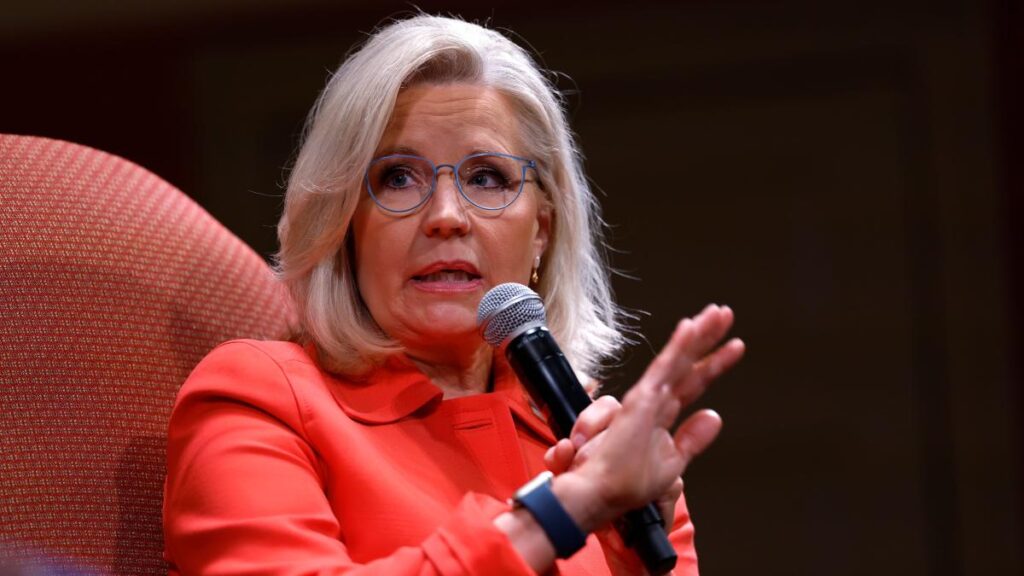On Tuesday, GOP leaders issued a scathing report rebuking the newly disbanded House Jan. 6 Committee, targeting its “failures and politicization” and specifically calling for a criminal investigation into former Wyoming Rep. Liz Cheney, a prominent voice within the panel. The 128-page document labeled Speaker Nancy Pelosi’s committee a “political weapon” aimed solely at deceiving the public about President Trump’s responsibility for the troubling events of January 6, suggesting it was designed to tarnish the legacy of his first presidency. The report also alleged that Cheney may have engaged in witness tampering due to her communications with Cassidy Hutchinson, a former White House aide and committee witness.
In swift response to the GOP’s claims, Cheney dismissed the report as filled with “lies” and directed criticism at Trump, whom she described as “cruel and vindictive.” Cheney emphasized the gravity of Trump’s actions on January 6, accusing him of inaction as violence unfolded, stating that he “watched television” instead of calling on his supporters to disperse. She characterized the report as a distortion of the truth that disregarded substantial evidence, asserting that it fabricated allegations to shield Trump from accountability. Cheney’s dismissal of the report highlights a significant divide between her and the GOP members who crafted it.
The report’s findings and the underlying allegations reflect ongoing tensions within the Republican Party, particularly surrounding January 6 and its aftermath. Trump’s past comments, suggesting that members of the House Jan. 6 Committee should face severe consequences, underscore the pervasive political ramifications of the committee’s work. As the GOP seeks to recast the narrative about January 6, they are also attempting to reshape public perception of Trump’s role and cultivate greater loyalty within their ranks.
In the larger political context, Vermont Senator Bernie Sanders has recently weighed in on the implications of the GOP’s moves, proposing that President Joe Biden might consider preemptively pardoning committee members to shield them from possible legal repercussions from Trump. Sanders indicated that such a step could be necessary as the political landscape becomes increasingly contentious, signifying a potential escalation of legal and political battles stemming from the committee’s findings. His comments add a layer of complexity to the discussion surrounding accountability for January 6.
The House Jan. 6 Committee, composed of seven Democrats and two Republicans, including Cheney and Adam Kinzinger, aimed to explore the events of January 6 and the broader implications for American democracy. Their efforts were controversial, yet they sought to distill the truth of that day and ascertain the responsibilities of various political figures. The committee has faced intense scrutiny from Trump allies, such as Cheney, who argue that the inquiry was more about political retribution than genuine accountability.
As tensions continue to rise, the repercussions of the disbanded committee’s work and the reactions from various political actors are likely to influence the Republican Party’s strategy moving forward. The divide between traditional GOP members like Cheney and the Trump-aligned faction illustrates the challenges facing the party as it grapples with its identity and defines its narrative concerning the January 6 events. The report’s recommendations could set the stage for further legal battles and political maneuvering, emphasizing the continued significance of January 6 in shaping the ongoing discourse within American politics.

